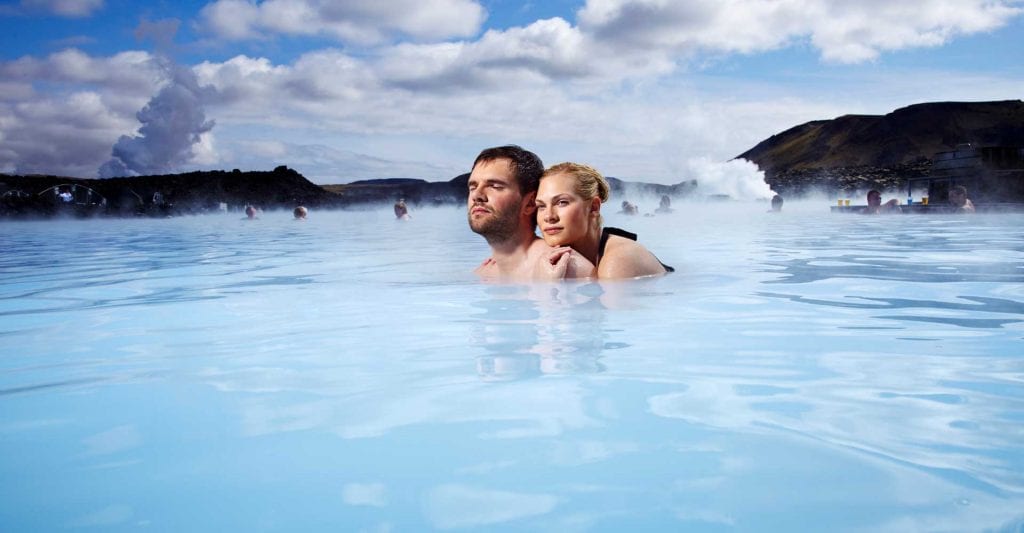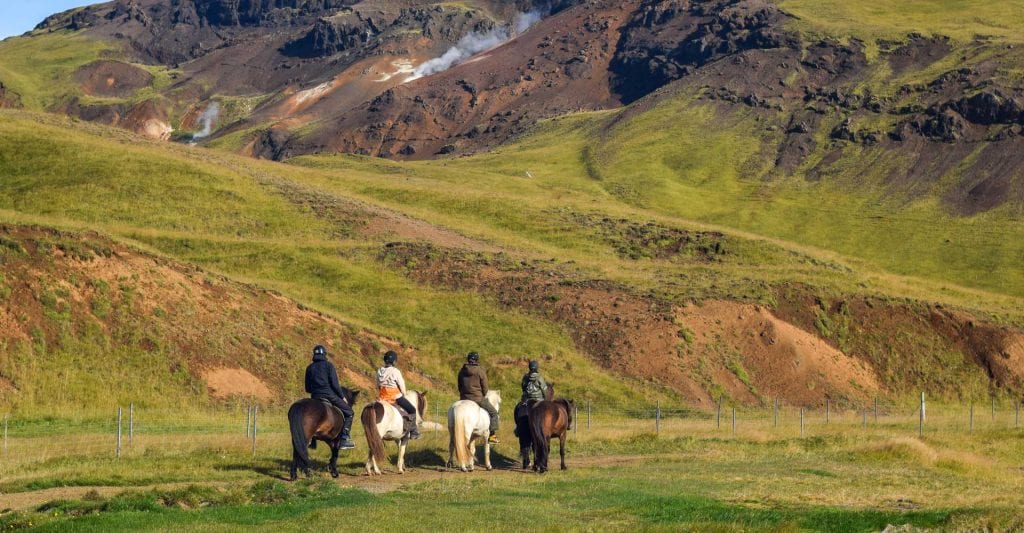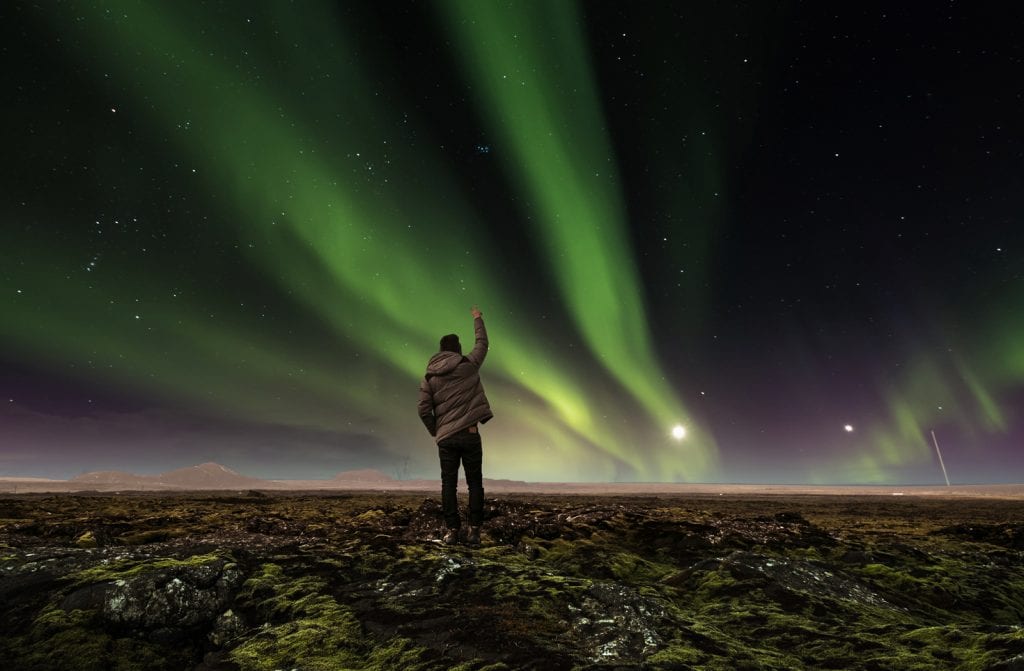Iceland, often dubbed the “Land of Fire and Ice,” is a stunning destination that captivates travelers with its breathtaking landscapes, rich culture, and unique geological features. This Nordic island, situated between Greenland and Norway, is not just another tourist spot; it is a place that offers a myriad of adventures and discoveries. Here, we explore some intriguing facts about Iceland that will make you want to pack your bags and experience its wonders firsthand.
The Land of Natural Wonders
Volcanoes and Geysers
Iceland sits on the Mid-Atlantic Ridge, a tectonic plate boundary responsible for its geological activity. This means the island is home to approximately 130 volcanic mountains, with about 30 active volcanoes. Notable eruptions, such as the infamous Eyjafjallajökull in 2010, have shaped the land and the lives of its inhabitants.
Geysers: Nature’s Hot Springs
One of Iceland’s most famous features is its geysers. The word “geyser” originates from Icelandic, as the Great Geysir was the first known to the world. Although Geysir is currently inactive, nearby Strokkur erupts every few minutes, shooting boiling water up to 30 meters in the air, providing an exhilarating spectacle for visitors.
Glaciers: Nature’s Icy Giants
Around 11% of Iceland is covered by glaciers, the largest being Vatnajökull, which is also the largest glacier in Europe. These glaciers feed numerous rivers and lakes, creating stunning landscapes and unique ecosystems. Jökulsárlón, a glacial lagoon filled with floating icebergs, is a must-see for anyone visiting the country.
A Unique Culture
Language and Literature
The Icelandic language is a fascinating remnant of the Old Norse tongue, making it one of the oldest languages still spoken in Europe. Iceland has a strong literary tradition, with the Icelandic sagas—epic tales of heroism, family, and exploration—dating back to the 13th century. The country even celebrates a “Book Flood” during the holiday season, where books are exchanged as gifts, reflecting the importance of literature in Icelandic culture.
The Midnight Sun and Northern Lights
Due to its unique geographic location, Iceland experiences extreme variations in daylight. During the summer months, the sun hardly sets, leading to what is known as the Midnight Sun, while in winter, the country enjoys long nights, perfect for witnessing the enchanting Northern Lights. This natural light display, also known as aurora borealis, paints the night sky with brilliant colors, attracting visitors from around the globe.
 Unforgettable Experiences
Unforgettable Experiences
Hot Springs and Blue Lagoon
Iceland is renowned for its geothermal activity, leading to numerous natural hot springs. The Blue Lagoon, a world-famous geothermal spa, is a perfect example of nature’s beauty and relaxation. Visitors can soak in the milky blue waters, rich in minerals, while surrounded by a breathtaking lava landscape, making it an unforgettable experience.
Wildlife Encounters
Iceland is a haven for wildlife enthusiasts. The country has various unique animals, including the iconic Icelandic horse, puffins, and seals. During summer, birdwatching becomes popular as thousands of migratory birds return to breed on the island. Whale watching is another exciting adventure, with tours available from various coastal towns.
Iceland’s Culinary Delights
A Taste of Tradition
Icelandic cuisine reflects its unique culture and geography. Traditional dishes often include fresh seafood, lamb, and dairy products. One of the most unusual delicacies is Hákarl, a fermented shark, considered a rite of passage for adventurous eaters. While its strong flavor may be an acquired taste, it provides an authentic taste of Icelandic tradition.
Modern Gastronomy
Iceland has seen a culinary renaissance in recent years, with many chefs focusing on fresh, local ingredients and innovative cooking techniques. Reykjavik, the capital, is home to a burgeoning food scene, where you can find everything from gourmet restaurants to cozy cafes serving traditional dishes with a modern twist.
Sustainable Practices
Renewable Energy Source
Iceland is a global leader in sustainable energy. Approximately 85% of the country’s energy needs are met through renewable sources, primarily geothermal and hydroelectric power. This commitment to sustainability benefits the environment and contributes to the country’s low carbon footprint, making it a model for others to follow.
Conservation Efforts
The Icelandic government strongly emphasizes conservation, with numerous national parks and protected areas established to preserve the island’s unique ecosystems. Initiatives to protect endangered species, such as the Icelandic goose, demonstrate the country’s dedication to maintaining its natural heritage for future generations.
Why Choose Deluxe Iceland for Your Journey?
Deluxe Iceland specializes in creating custom travel experiences that allow you to explore the rich tapestry of Iceland’s natural beauty and cultural heritage. Our team of experts crafts tailored itineraries that cater to your interests, whether you’re seeking adventure, relaxation, or a deep dive into Icelandic history and culture.
With Deluxe Iceland, you can expect personalized service, in-depth local knowledge, and unique experiences that go beyond the ordinary. We believe that every journey should be unforgettable, and we are committed to making your trip to Iceland a remarkable adventure. Let us take you on a journey to experience the magic of Iceland like never before.
Frequently Asked Questions
- What is the best time to visit Iceland?
The best time to visit Iceland depends on your interests. For the Midnight Sun, visit during the summer (June to August). For the Northern Lights, plan your trip between September and April.
- Do I need a visa to visit Iceland?
Iceland is part of the Schengen Area. Visitors from many countries can enter without a visa for short stays. However, it is best to check the visa requirements based on your nationality before traveling.
- Is it safe to travel to Iceland?
Yes, Iceland is considered one of the safest countries in the world. It has a low crime rate, and locals are friendly and helpful to travelers.
- What should I pack for my trip to Iceland?
Pack layers, including waterproof and windproof clothing. Comfortable hiking shoes and swimwear for hot springs are essential. Don’t forget your camera to capture the stunning landscapes!
- How can I experience the Northern Lights in Iceland?
To see the Northern Lights, consider joining guided tours that take you to the best viewing spots. Check the aurora forecasts for optimal viewing conditions, and stay in areas with minimal light pollution for the best chance to witness this natural wonder.
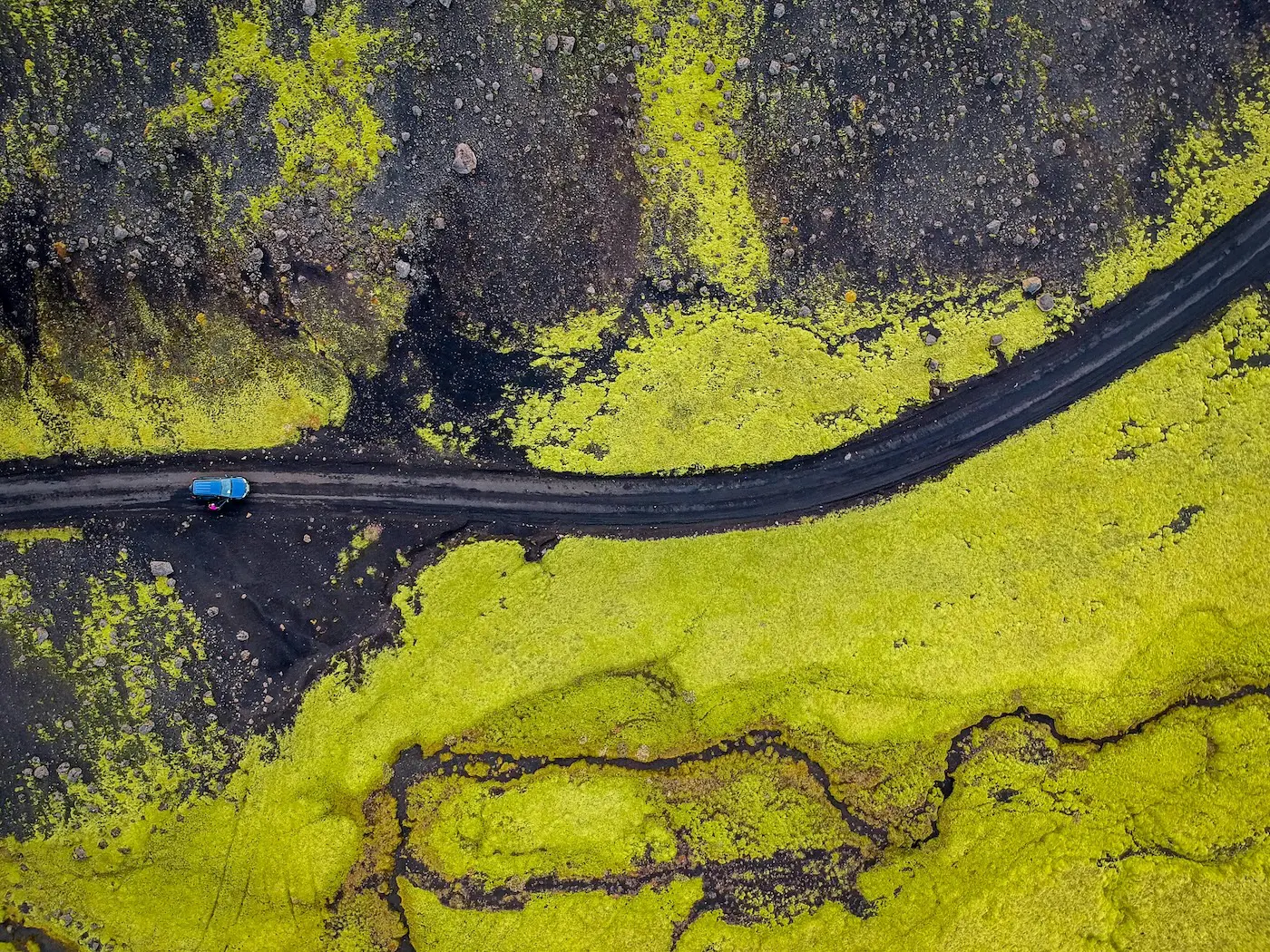
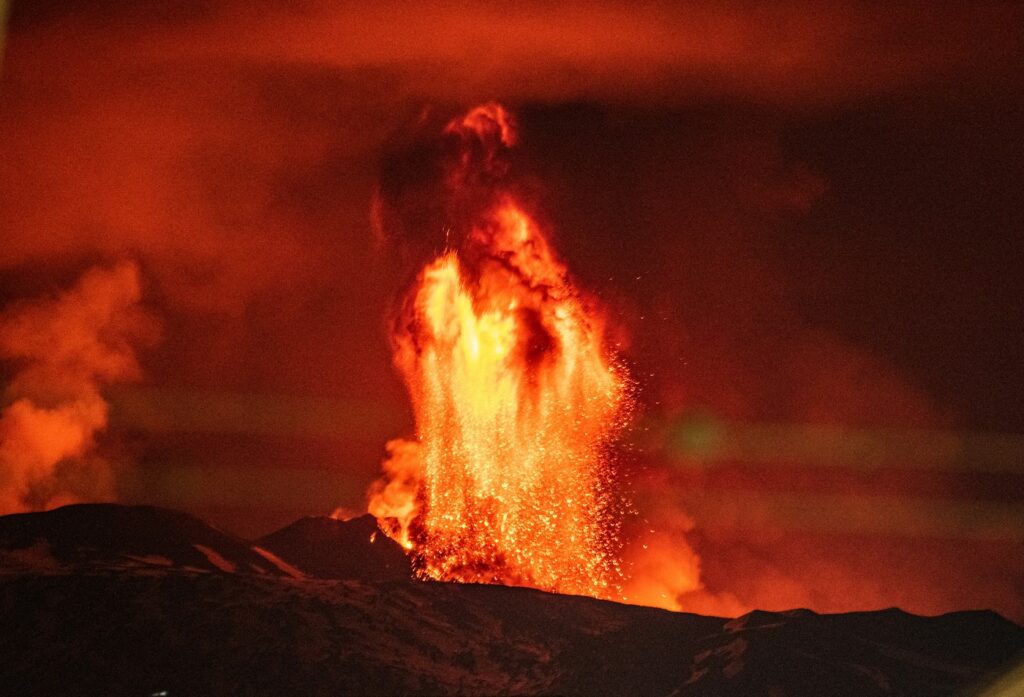
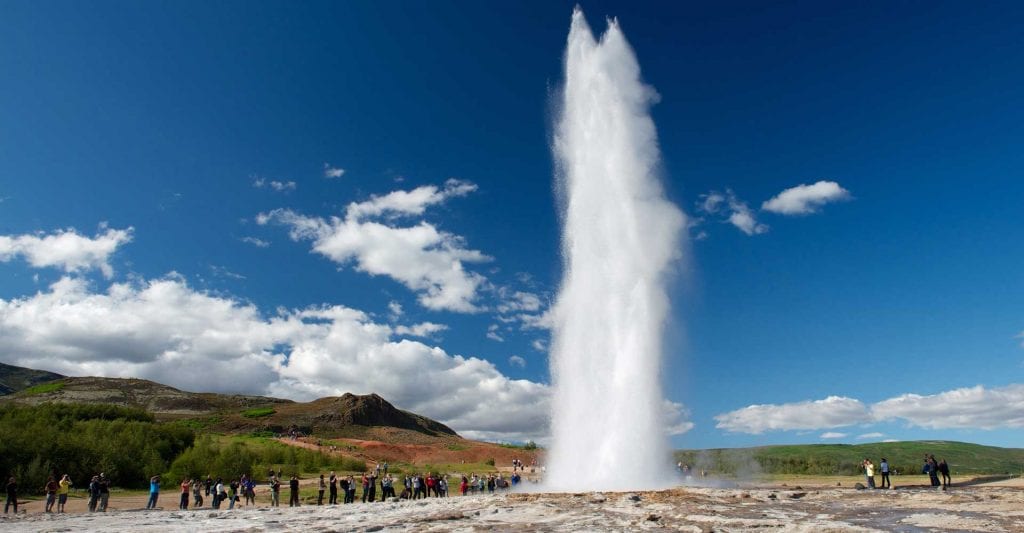
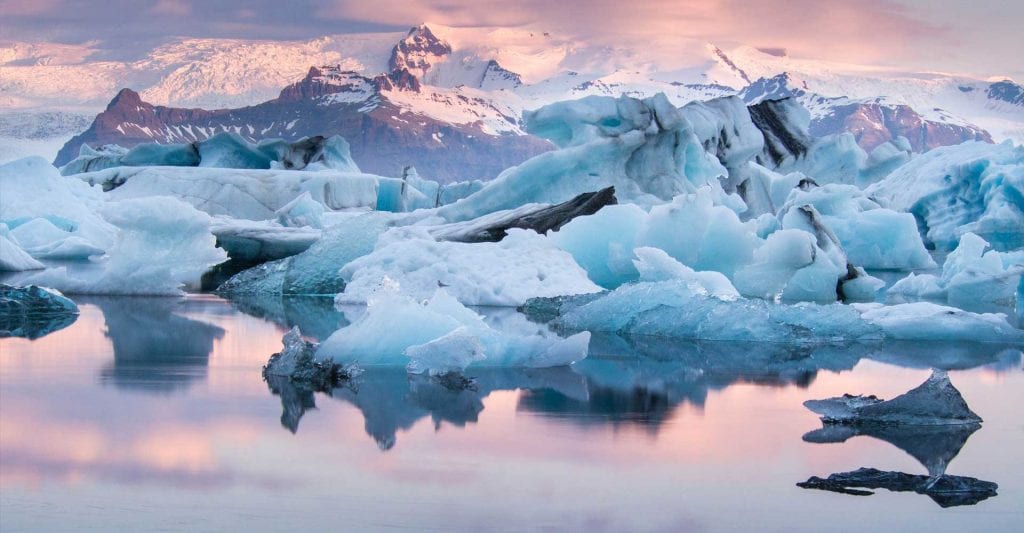
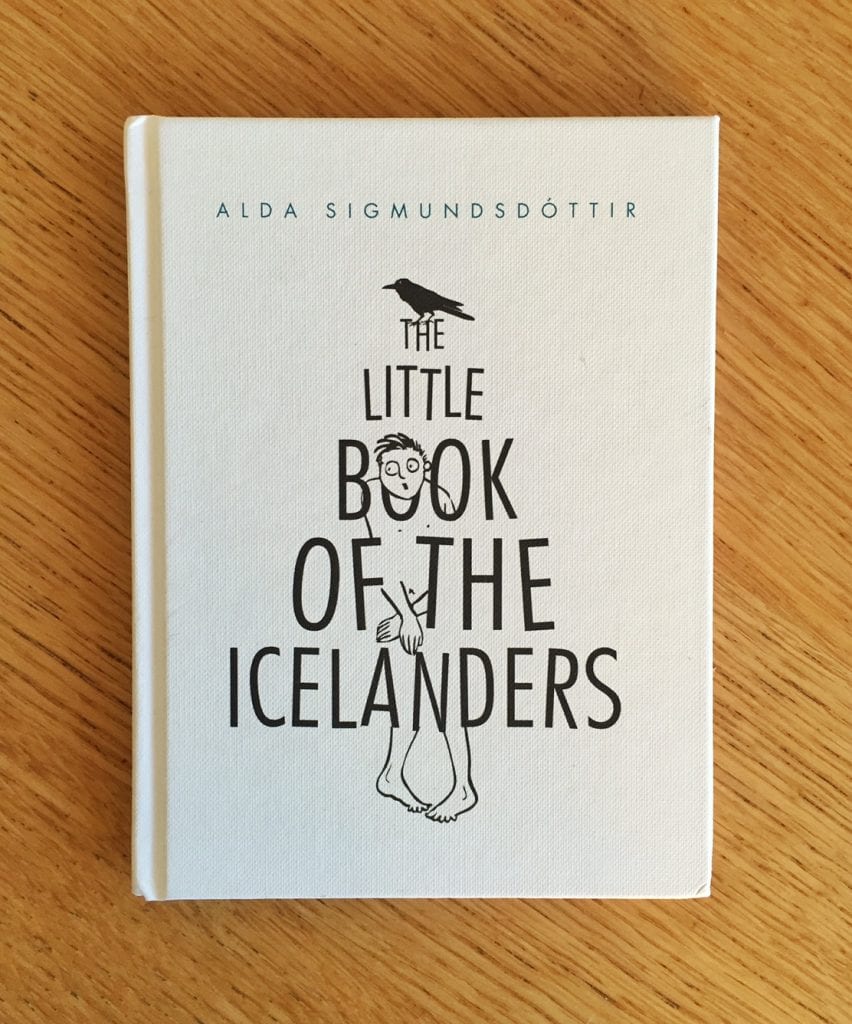
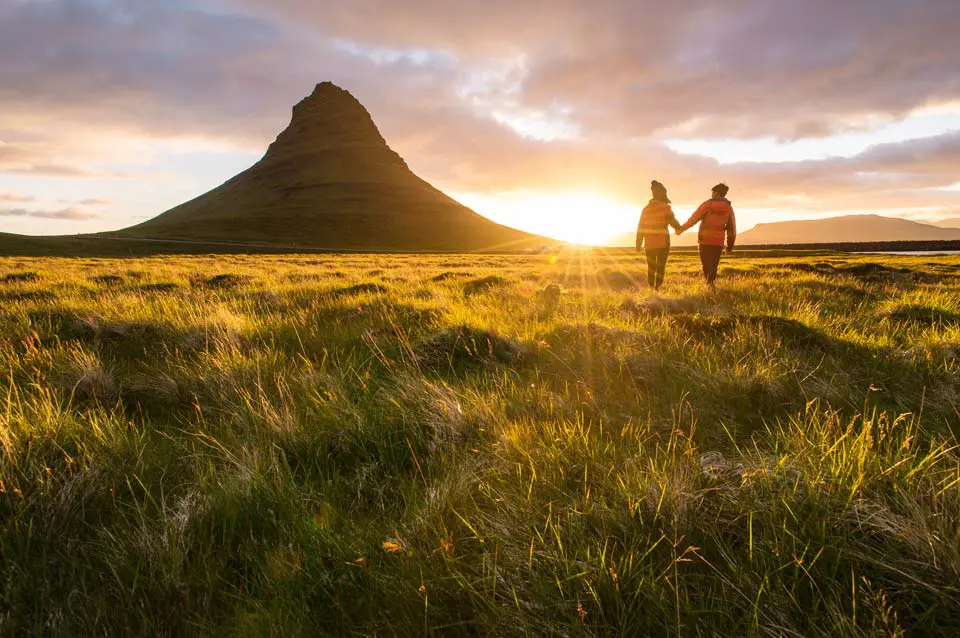 Unforgettable Experiences
Unforgettable Experiences